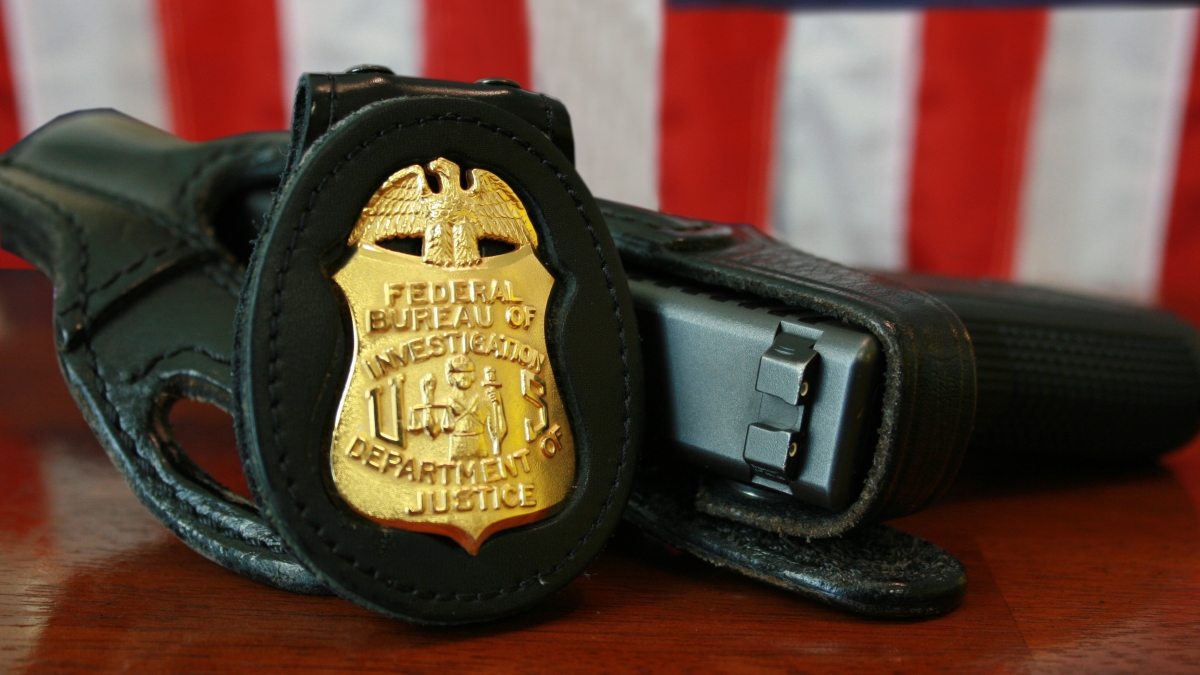Apple has formally objected to an order from a federal judge that the company assist the FBI in hacking the phone of a San Bernadino terrorist. These types of cases are becoming more frequent, as tech companies find themselves caught between competing demands for security and privacy. Earlier this week a Facebook executive was arrested in Brazil for not turning over WhatsApp information linked to a drug trafficking case. He has since been released.
Adriana Sanford, pictured at left, is a clinical associate professor at the W.P. Carey School of Business. She spoke with ASU Now about what current litigation against Apple could mean for the tech industry and personal privacy.
Question: Why is public opinion so polarized on this issue?
Answer: Bruce Sewell, Apple's top lawyer and senior vice president has stated that "encryption is a good thing, a necessary thing." In light of sophisticated hacks on customer data, companies must safeguard consumers and other well-meaning users with advance technology and tools to adequately protect their personal information. U.S. law enforcement, on the other hand, faces tremendous challenges in their efforts to keep us safe. They are concerned about the possible ramifications of the “encryption explosion.” The FBI is rightfully concerned about the effects that this new technology could potentially have on their investigations, including the risk that criminal and terrorist groups may "go dark" by using encryption technology to duck the attention of the law. Many see struggle between freedom and safety is at the heart of the dispute.
Q: Is this resistance a question of business ethics?
A: In today’s day and age, the world needs corporate leaders who can foresee complex international ethical dilemmas. Many in the media are questioning the motives behind Apple CEO Tim Cook's position. Other tech companies are actively rallying behind to support him in his stance, including the submission of an amicus (or "friend of the court") brief. Cook, is analyzing complex ethical dilemmas with a global perspective and understanding of the potential repercussions on a broader scale, on our trade agreements and fundamental rights.
Q: Microsoft was recently embroiled in a similar dispute. How is this case similar?
A: Microsoft has been held in contempt of court for refusing to let the U.S. government access customer emails stored outside U.S. borders in violation of orders from a U.S. judge. Down the line, the decision made in the Apple case in the U.S. may create additional conflicts similar to the Microsoft legal case.
Q: The right to privacy is viewed differently in different countries. What impact does that have on this case?
A: Privacy is a basic fundamental human right in Europe, but many other nations do not see it that way. Cases involving privacy and data protection can have a significant impact on a global scale, and this Apple (case) could have strong repercussions on human rights in countries with repressive governments or where there is a lack of democracy. The root of this particular issue is that there are multi-jurisdictional requirements and legislation that may compete and/or conflict. The U.S. government and our allies need to work through this amicably. We must adopt a joint approach to privacy and data protection.
Q: How could this controversy affect Apple’s sales?
A: There are growing conflicts between countries about laws that affect not only technology, but also personal safety, and privacy. Forcing Apple to provide the U.S. government with access to encryption software could negatively impact Apple's sales at home, but also in other parts of the world, including Europe, where the EU has adopted the EU Data Protection Regulation, which businesses have two years to adopt from when it takes effect in 2018.
Top photo: This image or file is a work of a Federal Bureau of Investigation employee, taken or made as part of that person's official duties. As a work of the U.S. federal government, the image is in the public domain in the United States.
More Science and technology

ASU receives 3 awards for research critical to national security
Three researchers in the Ira A. Fulton Schools of Engineering at Arizona State University have received grant awards under the Defense Established Program to Stimulate Competitive Research, or…

Celebrating 34 years of space discovery with NASA
This year, NASA's Hubble Space Telescope (HST) is celebrating its 34th anniversary of the world's first space-based optical telescope, which paved the scientific pathway for NASA's James Webb Space…

Making magic happen: Engineering and designing theme parks
The themed entertainment industry is widespread and diverse, encompassing everything from theme parks to aquariums, zoos, water parks, museums and more. The Theme Park Engineering and Design…

